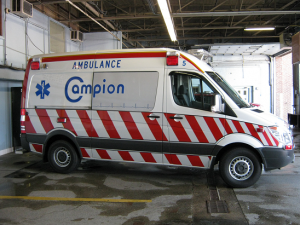HARTFORD — In a correspondence from Dr. James Parker of Connecticut Children’s Medical Center:
Calling all Paramedics, EMTs and EMS students!
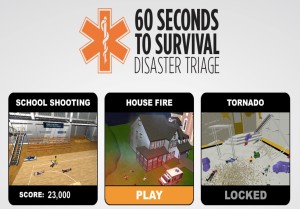 Leaders of the Study are examining the utility of the video game as a learning tool for START/JumpSTART.
Leaders of the Study are examining the utility of the video game as a learning tool for START/JumpSTART.
You are invited to participate in this fun research study based out of Yale University School of Medicine.
WHAT DO I GET?
- Access to an online GAME where you learn & practice MASS CASUALTY TRIAGE for PEDIATRIC and adult patients.
- 3.25 hours of CME time.
- $15 Amazon Gift card.
WHAT DO I HAVE TO DO?
- Agree to play the game once a week for 15 minutes (for 13 weeks).
- Provide feedback on the game when prompted.
I’M IN, HOW DO I SIGN UP?
- please email me at JFParke@ConnecticutChildrens.org
- Please include what organization you’re from.
- She will send you the link to the game and further details about CME.
- Remember, you can withdraw at any point – (but won’t get the gift card).
Your reply implies verbal consent (information sheet at end of message).
Feel free to contact me with any questions!
Jim Parker, MD
EMS Liaison
860-837-5432
jfparke@connecticutchildrens.org
Aetna and ASM are not affiliated with this study.

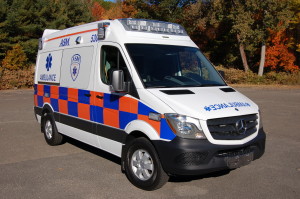
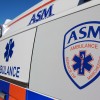
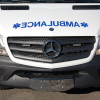
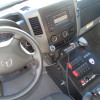
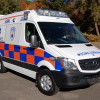
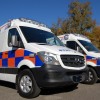
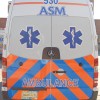

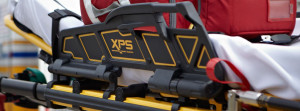 MANCHESTER and HARTFORD — The specialty bariatric stretchers operated by Aetna and ASM have now been equipped with
MANCHESTER and HARTFORD — The specialty bariatric stretchers operated by Aetna and ASM have now been equipped with 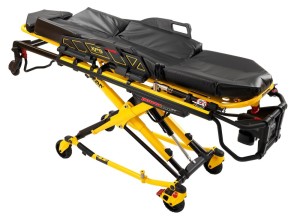 According to the Stryker website
According to the Stryker website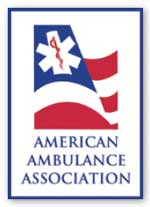 Essential Performance Results
Essential Performance Results MANCHESTER and HARTFORD — On every 911 call, EMS providers have a specific set of information they must obtain in order to appropriately treat the patient and transfer care to the receiving facility. Having this information handy not only saves time, it could have a significant impact on emergency care.
MANCHESTER and HARTFORD — On every 911 call, EMS providers have a specific set of information they must obtain in order to appropriately treat the patient and transfer care to the receiving facility. Having this information handy not only saves time, it could have a significant impact on emergency care.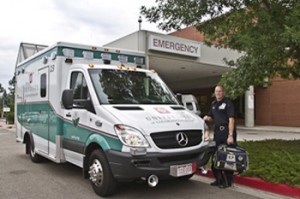 FORT COLLINS, CO. — The Ambulance Service of Manchester was referenced in an industry article about the University of Colorado Health System’s decision to purchase Mercedes Sprinter ambulances for their fleet. The excerpt appears below and
FORT COLLINS, CO. — The Ambulance Service of Manchester was referenced in an industry article about the University of Colorado Health System’s decision to purchase Mercedes Sprinter ambulances for their fleet. The excerpt appears below and 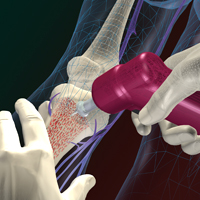
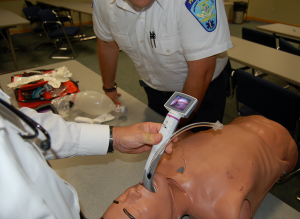 HARTFORD and MANCHESTER — By the end of July 2012 Aetna Ambulance and the Ambulance Service of Manchester (ASM) will put into service a cutting edge, life-saving medical device known as a video laryngoscope made by a company called
HARTFORD and MANCHESTER — By the end of July 2012 Aetna Ambulance and the Ambulance Service of Manchester (ASM) will put into service a cutting edge, life-saving medical device known as a video laryngoscope made by a company called 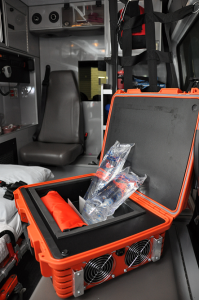 A recent Wall Street Journal article described cutting edge equipment, techniques and skills in Emergency Medical Services (EMS) that are changing patient outcomes, revolutionizing care and sharpening the leading edge of the EMS industry.
A recent Wall Street Journal article described cutting edge equipment, techniques and skills in Emergency Medical Services (EMS) that are changing patient outcomes, revolutionizing care and sharpening the leading edge of the EMS industry.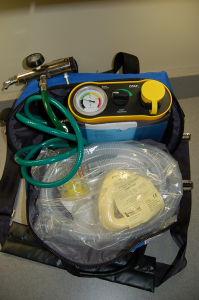
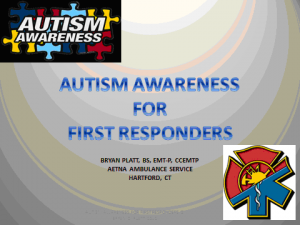 Picture it. EMS providers are dispatched to care for an ill or injured child at a special needs school and upon arrival find a challenge that is new and different for them; the child is non-verbal and Autistic. As clinicians, how should they appropriately communicate with the patient? How should they perform an assessment and render appropriate care?
Picture it. EMS providers are dispatched to care for an ill or injured child at a special needs school and upon arrival find a challenge that is new and different for them; the child is non-verbal and Autistic. As clinicians, how should they appropriately communicate with the patient? How should they perform an assessment and render appropriate care? 